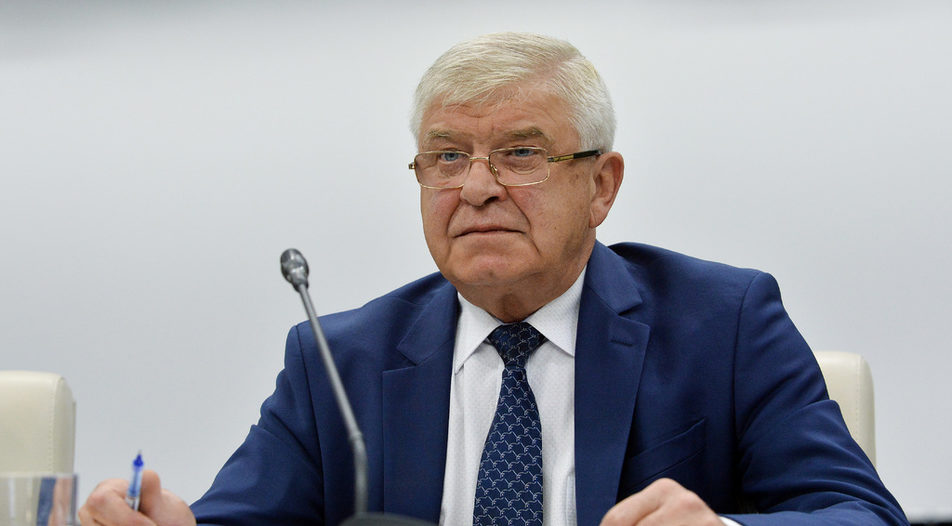Coronavirus tensions were heightened in Bulgaria on Tuesday with frontline workers pushing for a tightening of restrictions. This, understandably, has restaurateurs fretting as food establishments were allowed to reopen only last week. As cases continue to rise, local health authorities were allowed to shut down any sectors they deem necessary, and Prime Minister Boyko Borissov terminated the health minister's leave of absence (which he took because of the election campaign) so that he can focus on the pandemic. The Council of Ministers decided that new restrictions will be implemented if necessary.
The Bulgarian economy shrank 4.2% in 2020
According to the most recent estimates of the National Statistical Institute (NSI), gross capital formation and exports each shrank by 11%, whereas consumption is up by 1.8% despite the pandemic and resulting restrictions on mobility and business activity. The growth rate is mostly due to government expenditure - up by 9%. Household purchases also reported growth but at a much more moderate rate - 0.9% compared to 2019.
While most EU countries have been reporting a decrease in consumption in 2020, it would be nice to conclude that Bulgarian consumption is one of the most resilient in the EU. However, the central bank has raised some doubts about the numbers.
The Ministry of Finance rejected all orders in Monday's t-bond auction
The Ministry of Finance did not like the slightly higher yield demanded by investors in Monday's 10-year T-bond sale and rejected all orders at the auction. The state offered securities for 200 million levs (102 million euro) from the 10-year issue, which was opened for the first time in mid-February. Then, the government sold bonds for 300 million levs at a weighted average yield of 0.14%. Now, judging by the BNB data, the interest was weaker, and the achieved yield would have been higher by about 10 basis points.
Codecool is planning to open an IT school in Bulgaria this year
The Hungarian startup Codecool, which offers training for the IT sector, will open a campus in Bulgaria by the end of the year. This was announced by the company, which completed its third investment round, attracting 7 million euro. With the investment, the startup, founded in 2014, plans to expand its network in Central and Eastern Europe. Codecool already has five IT schools in three countries - Hungary, Poland, and Romania.
Coronavirus tensions were heightened in Bulgaria on Tuesday with frontline workers pushing for a tightening of restrictions. This, understandably, has restaurateurs fretting as food establishments were allowed to reopen only last week. As cases continue to rise, local health authorities were allowed to shut down any sectors they deem necessary, and Prime Minister Boyko Borissov terminated the health minister's leave of absence (which he took because of the election campaign) so that he can focus on the pandemic. The Council of Ministers decided that new restrictions will be implemented if necessary.












